How to Clean a Dirty Fish Tank
Updated on 05/27/24
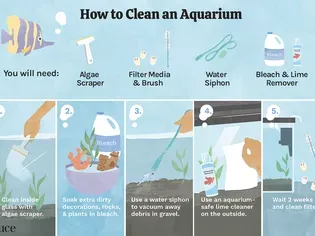
Unveiling the Secrets: A Comprehensive Guide to Cleaning a Dirty Fish Tank
Welcome to the ultimate cleaning odyssey, where we'll delve into the art of transforming your murky fish tank into a crystal-clear paradise for your aquatic companions. This comprehensive guide will equip you with the knowledge and techniques to banish dirt, algae, and grime, restoring the pristine beauty of your underwater sanctuary.
Understanding the Importance of a Clean Fish Tank
Maintaining a clean fish tank not only enhances the aesthetic appeal of your home décor but also safeguards the health and well-being of your beloved fish. A dirty tank can harbor harmful bacteria, parasites, and excess nutrients that can lead to disease and even death for your finned friends.
Essential Equipment for the Cleaning Mission
Before embarking on this cleaning adventure, gather the necessary tools:
* Bucket or large bowl
* Gravel vacuum or siphon
* Soft cloth or sponge
* Algae scraper
* Water conditioner
* New filter media (optional)
Step-by-Step Cleaning Protocol
1. Gather Your Fish: Gently net your fish and transfer them to a temporary container with tank water. This will protect them from the cleaning process.
2. Remove Excess Water: Use a bucket or cup to remove as much water from the tank as possible, leaving only a few inches.
3. Gravel Vacuuming: Connect the gravel vacuum to the hose and start siphoning out the gravel. This process removes dirt, debris, and leftover food particles. Avoid disturbing the gravel bed too much, as it can disrupt the beneficial bacteria.
4. Algae Removal: Use an algae scraper to gently scrape off any algae from the tank walls, decorations, and plants. Avoid using harsh chemicals, as they can be harmful to fish. If algae growth is persistent, consider adjusting the lighting or water flow in the tank.
5. Sponge Cleaning: Dip a soft cloth or sponge into the tank water and wipe down the tank walls, paying special attention to areas where algae or dirt may have accumulated. Rinse the sponge thoroughly and avoid using soap or cleaning agents.
6. Filter Maintenance: If your filter is clogged or dirty, remove it and rinse it thoroughly with tank water. Replace the filter media if necessary.
7. Water Replacement: Replace approximately 25-50% of the old tank water with fresh, dechlorinated water. Use a water conditioner to neutralize chlorine and other harmful chemicals.
8. Return the Fish: Once the tank is clean and the new water is conditioned, carefully return your fish to their home.
Additional Tips for a Spotless Tank
* Regular Partial Water Changes: Perform 10-25% water changes weekly to remove excess nutrients and prevent algae growth.
* Live Plants: Introduce live plants to your tank, as they absorb nutrients and provide hiding places for fish.
* Feeding Habits: Feed your fish at regular intervals and remove any uneaten food promptly to prevent it from decaying and polluting the water.
* Avoid Overcrowding: Keep the number of fish in your tank proportionate to its size to prevent waste buildup.
* UV Sterilization: Consider using a UV sterilizer to eliminate free-floating bacteria and algae spores.
Conclusion
By following these meticulous steps and implementing the additional tips, you can effectively clean your dirty fish tank and maintain a pristine underwater environment for your aquatic pets. Remember, a clean fish tank not only enhances their well-being but also provides a captivating and soothing addition to your home.
Explore More Pets
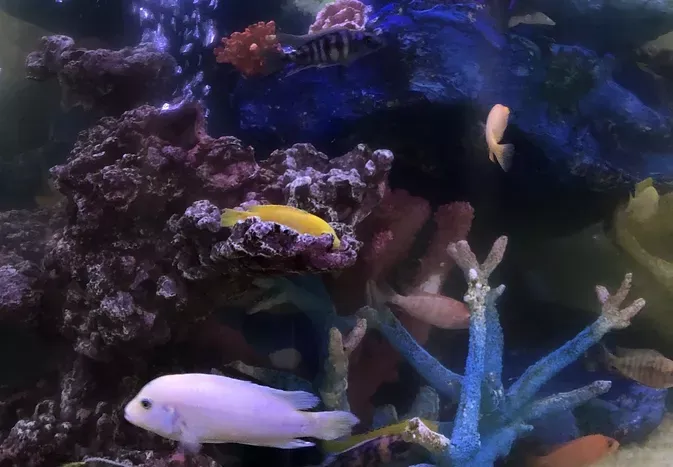
Freshwater Aquarium Filters
How to Deal With Cloudy Aquarium Water
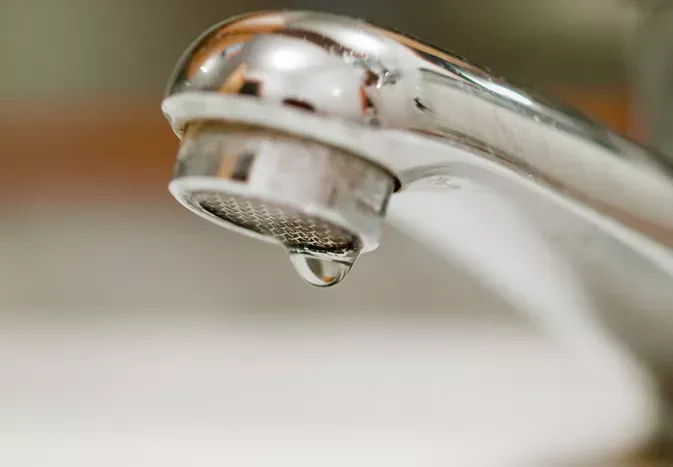
Saltwater Aquarium Filters
How Do You Remove Chloramines From Tap Water?
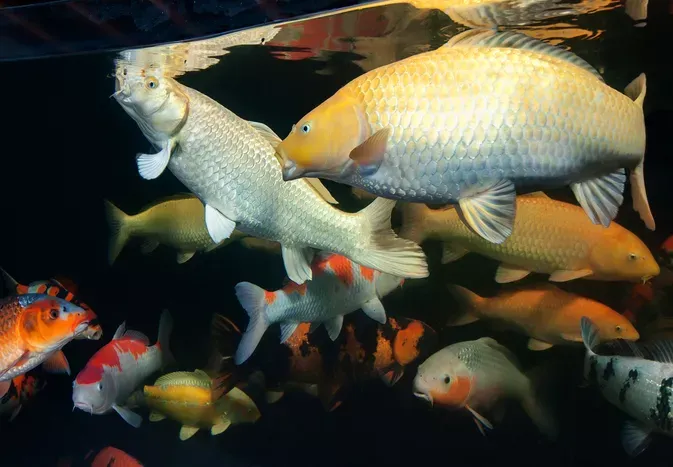
Freshwater Aquariums & Habitat
Can I Keep My Koi Fish Inside?
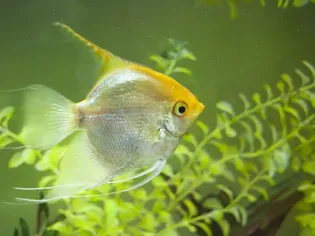
Saltwater Aquariums & Habitat
14 Best Floating Plants for Your Aquarium
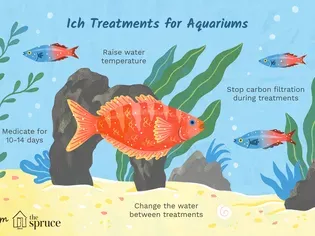
Freshwater Fish Health
How to Treat Ich on Freshwater Fish
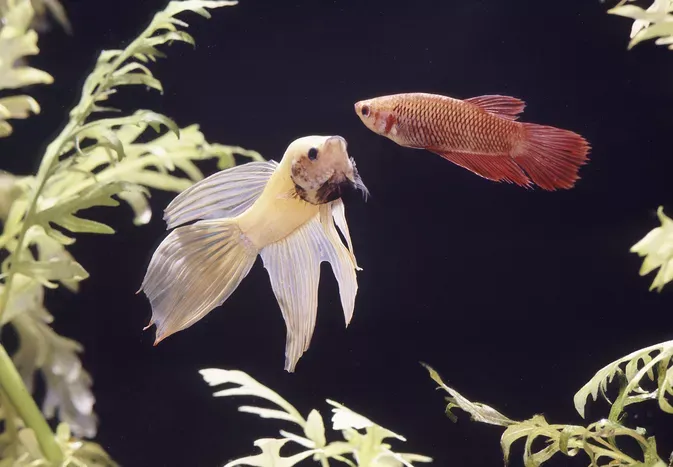
Saltwater Fish Health
Fin Rot in Aquarium Fish
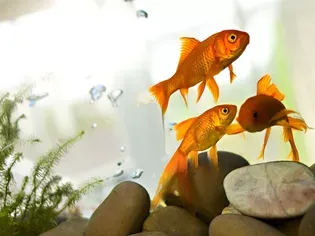
Freshwater Aquarium Filters
How to Do Aquarium Water Changes
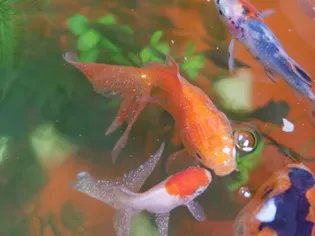
Saltwater Fish Health
How Do Fish Get Parasites?
